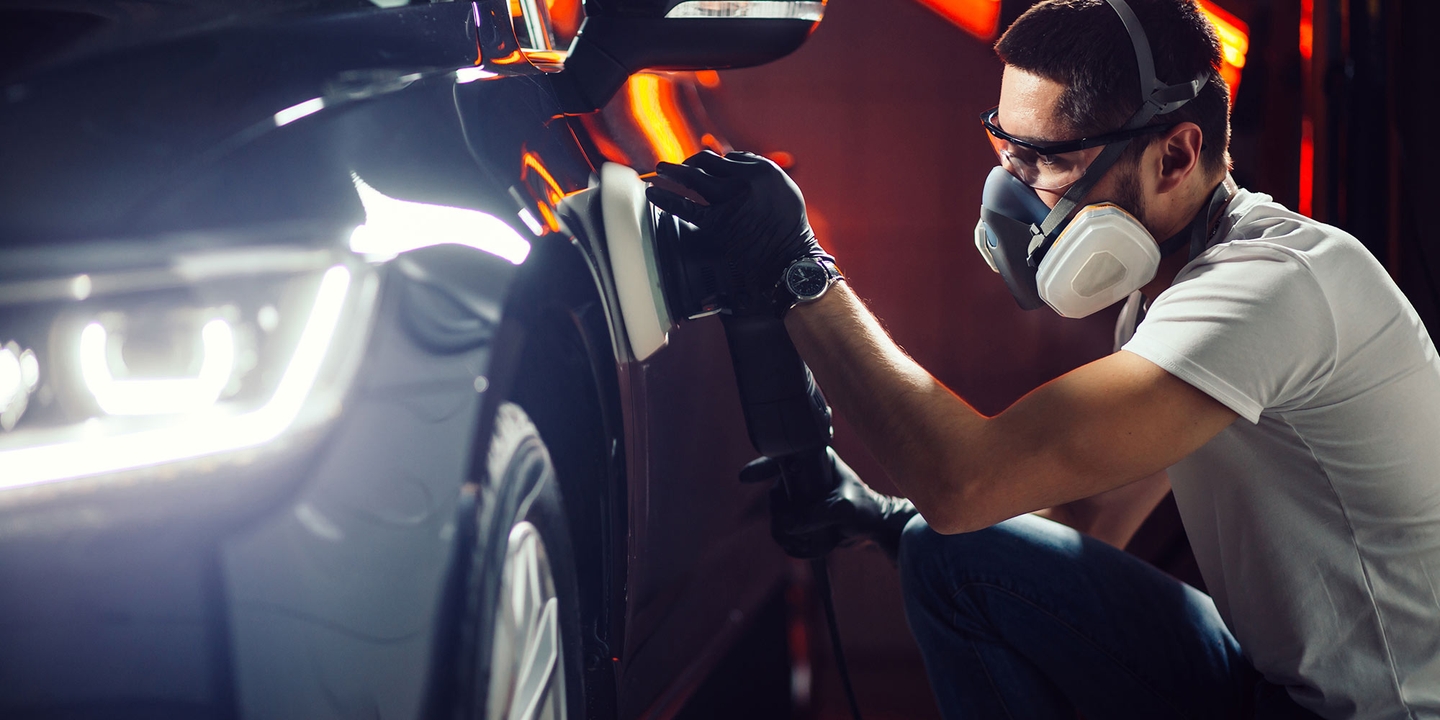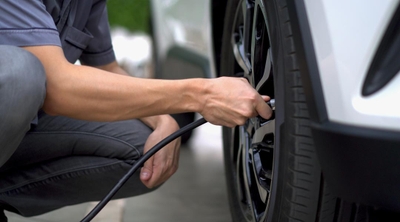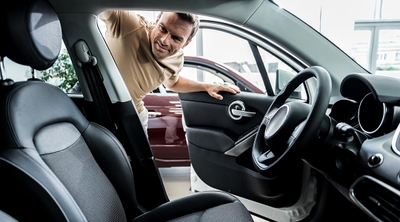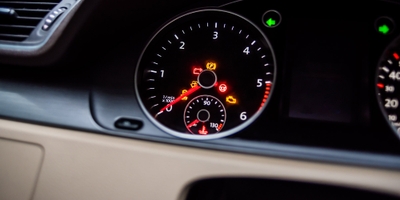How to remove scratches from your car
3 min read
When you drive a car, scratches happen. It’s helpful to know a little bit about car scratch repair when you need to make some fixes. In many cases, you can get your car looking as good as new. Other times, you might need a professional to work their magic. Depending on your auto insurance coverage, some car scratch repairs can potentially be reimbursed. When you notice a scratch on your car, here’s where to start and what to know.
What’s the first step in car scratch repair?
First, you need to identify the type of car scratch you have. Petar Dzaja, creator and author of the blog Car Detailing Planet, says there are three types of car scratches.
Clear coat scratch
A clear coat scratch does not affect the paint, only the protective outer layer. If you run your fingernail along a scratch and your nail doesn’t get caught, you can breathe a sigh of relief. It’s a shallow clear coat scratch — nothing that normal polish won’t fix.
Base coat (paint) scratch
Base coat scratches are more severe than clear coat scratches but are certainly fixable. If your fingernail gets caught in a scratch, it’s likely a paint scratch, and you’ll need a scratch remover kit.
Primer coat scratch
If a scratch exposes metal, you won’t need the fingernail test to see that it’s the worst kind of scratch. Typically, a primer coat scratch is best left to a professional to handle. However, it’s possible to fix a primer coat scratch yourself if you have the time, tools, and technique.
How to get rid of scratches on your car
1. Prepare and clean your car
When you notice a major car scratch, it can be tempting to try to remove it immediately. Dzaja has an important piece of advice before you do. “Always prepare the car before fixing a scratch,” he says. “Your vehicle should be thoroughly washed and dried so the surface is spotless. If the car is dirty, you could cause even more headache when polishing by spreading dirt all over.”
If you’re certain the car scratch is only to the clear coat, then washing, drying, and prepping the scratched area can suffice. Learn more about how often to wash your car.
2. Know the type of car scratch
Each type of car scratch requires its own level of care. Philip Westfall of RVezy says scratches to the clear coat can be easily removed using a polishing compound. In contrast, base coat scratches need some abrasive action with sandpaper, a magic eraser, toothpaste, or WD-40 and a towel. With a base coat scratch, you’ll also need to apply paint, and a clear coat.
“It’s a delicate balance to scrub gently yet firmly in order to maintain the quality of the paint job,” Westfall says. “Painting over a scratch is not easy if you want to preserve the uniformity of your car’s color, so it might be best to leave this part to an expert.” Primer coat scratches are very involved beyond simply sanding and polishing. They instead require you to add each coating — primer, base, and clear — over the course of several days. Knowing how to repair scratches is just one of many essential car ownership tips to keep your vehicle in top shape.
3. Avoid using deep scratch removers
You might also be tempted when you see a scratch to go out and get the strongest and best scratch remover for cars that you can find. Dzaja advises starting with the path of least resistance. “The least invasive method should always be used first,” he says. “Why sand your car if light polishing would fix the scratch?” For paint and primer coat scratches that require deep scratch remover, consider taking your car to a professional who knows how to use stronger materials and methods without causing further damage.
While removing a minor surface scratch is relatively easy with store-bought polish, major scratches can be tedious and time-consuming to fix. If you have comprehensive and auto collision coverage as part of your auto insurance, your policy may reimburse for professional car scratch repair. Learn more about how car insurance covers scratches or dents.






